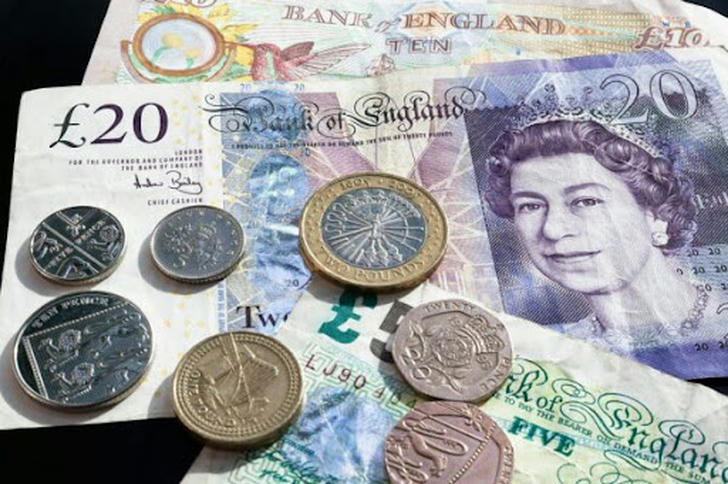A Guide to Non-Bank Loans – Options for Those with Bad Credit and Indebtedness
In Ireland, those with significant debt, low credit ratings, or those rejected by banks don't always have access to traditional financing options. This is where non-bank loans come in handy – financing solutions offered by licensed financial institutions (not banks).

This article will explain some non-bank loan options in Ireland and, most importantly, how borrowers with bad credit, debt, or financial difficulties can obtain funding legally and responsibly.
Who Are Non-Bank Loans For?
In Ireland, non-bank loans provide a financial alternative for individuals who cannot access credit through traditional banks. These loans are particularly suited for people with poor credit history, existing debts, or irregular income. Many applicants have been declined by mainstream lenders due to strict eligibility checks, low credit scores, or insufficient collateral. Non-bank loans are often more flexible, requiring less paperwork and offering faster approval processes. They are typically used to cover urgent expenses, such as unexpected medical bills, car repairs, utility arrears, or short-term cash shortages. For people under financial pressure, they can serve as a temporary lifeline when traditional credit is out of reach.
Platforms and Institutions in Ireland
Ireland has a range of non-bank lending institutions and platforms, many of which are regulated by the Central Bank of Ireland. Some of the most recognized options include:
Credit Unions – Community-based financial cooperatives that offer personal loans at competitive rates. While they require membership, they are often more accessible than banks for those with weaker credit profiles.
Avant Money – A non-bank lender providing personal loans and credit cards with flexible repayment options, often available to those who may not qualify with high-street banks.
Provident Ireland – Known for home credit loans, offering small sums delivered directly and repaid weekly, suitable for people with limited financial options.
Peer-to-Peer Lending Platforms (e.g., Linked Finance, Grid Finance) – These digital platforms connect borrowers directly with private investors, allowing individuals and small businesses to access funding outside the traditional banking system.
Finance Ireland – A growing non-bank financial provider that issues personal loans, mortgages, and car finance products.
⚠️Risks you need to know before taking out a loan:
Borrowing money carries certain risks. If your income decreases or disappears, repayments may become difficult to make, potentially leading to late payment fees and a negative credit history. For variable-rate loans, rising interest rates can lead to higher monthly payments. Over-indebtedness can also lead to financial instability and legal action. Therefore, every borrower needs to assess their financial capabilities and risk profile before committing to a loan.
Conclusion
Non-bank loans in Ireland are designed for people who have few alternatives, offering quick access to cash in times of need. They can be particularly useful for individuals with poor credit, debts, or irregular income who are excluded from the traditional banking system. However, borrowers must carefully weigh the benefits against the risks. Comparing providers, reading the fine print, and realistically assessing repayment ability are essential steps to prevent a short-term solution from becoming a long-term financial burden.
